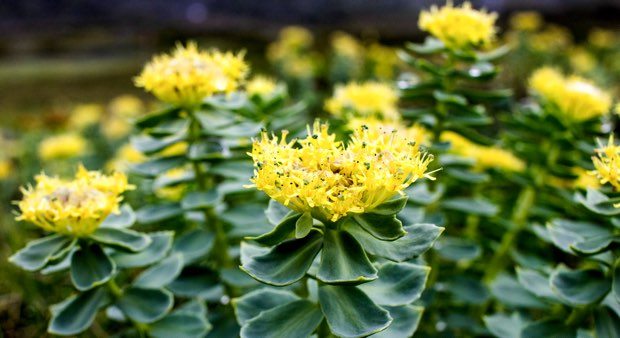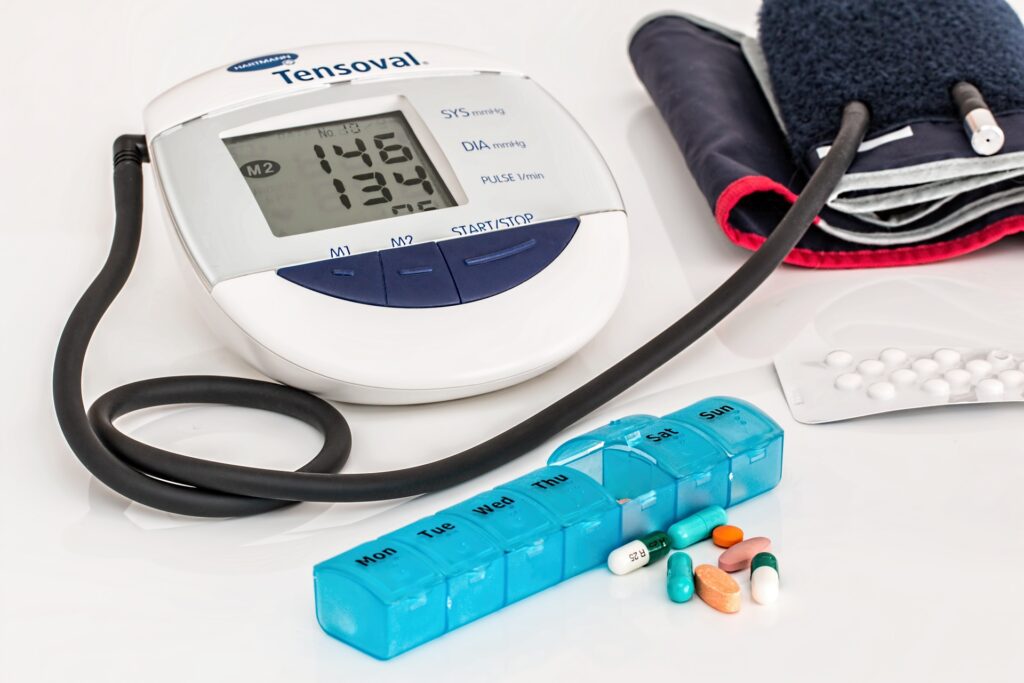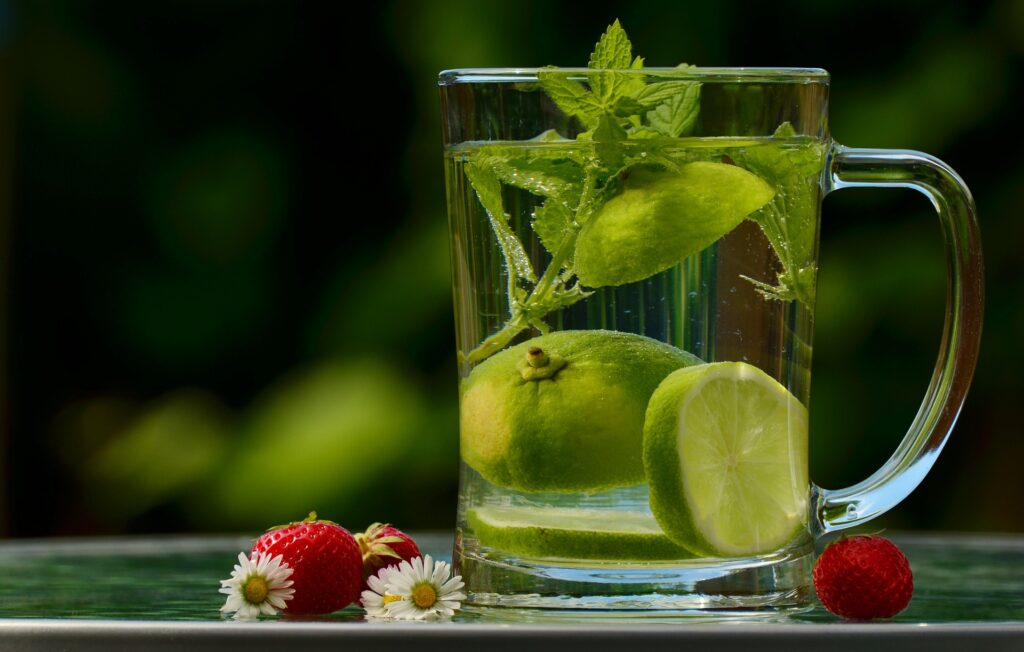Rhodiola rosea has shown promise as an alternative therapy for social anxiety.

Rhodiola rosea, native to Siberia, is a perennial plant that thrives in the arid and frigid conditions typical of the Arctic. It is also known as golden root, rose root, and arctic root. Rhodiola rosea’s medicinal components, extracted from the plant’s root, have been used to treat mild cases of stress, anxiety, weariness, and depression.
Benefits to Health
Some studies have shown that taking Rhodiola rosea can help you deal better with stressful situations, both mentally and physically.
According to studies, this herbal supplement may increase levels of the feel-good chemicals serotonin, norepinephrine, and dopamine in the brain. Though rhodiola supplements may help, more study is required to validate their effectiveness. A balanced level of these neurotransmitters is thought to play a role in normal psychological and neural functioning.
It has been reported that using rhodiola supplements can help with:
- Methods of Depression Therapy
- Fatigue
- Enhancement of efficiency in physical activity
Rhodiola may be helpful in the treatment or management of each of these illnesses, according to the benefits of a few small studies. Unfortunately, we can’t tell for sure if the supplement can give these benefits without conducting additional scientific research.
Effects That Might Happen
Fortunately, adverse reactions to rhodiola rosea are uncommon and typically mild to moderate in severity. A few examples of them are a lack of sleep, difficulties concentrating, dizziness, tiredness, and headache.
Take rhodiola rosea with caution if you also take benzodiazepines, SSRIs, or serotonin-norepinephrine reuptake inhibitors; you may become sleepy from the combination (SNRIs).
Avoid rhodiola rosea if you are nursing a baby, pregnant, or on monoamine oxidase inhibitors (MAOIs).
There are no documented side effects from taking rhodiola rosea, however the FDA does not control the manufacturing of herbal remedies. Neither the efficacy nor the safety of most herbal supplements nor the herbs used to make them have been subjected to rigorous testing.
Preparation and Dosage
Capsules of rhodiola rosea should be taken once day, with a dose of 100 to 300 milligrams being recommended for adults. Too little research has been done on rhodiola rosea for it to be recommended for usage in kids. 5 For information on dosing, please refer to the product label and discuss your medical needs with your healthcare professional.
Details to Keep an Eye Out for
Rhodiola rosea is most commonly consumed in capsule form, while it is also offered in extract and tea form.
The National Institutes of Health (NIH) advises consumers to check the Supplement Facts label before making any supplement purchases, including rhodiola.
Information such as the amount of active substances per serving, as well as any other components like fillers, binders, and flavorings, will be included on this label.
As a final piece of advice, the company says to search for a product that has been quality-tested and approved by an independent body’s seal of approval. ConsumerLab.com, NSF International, and the United States Pharmacopeial Convention are just a few of these groups. An organization’s mark of approval does not ensure that a product is safe or effective, but it does ensure that it was manufactured according to industry standards, has only the components specified on the label, and has no dangerous amounts of impurities.


